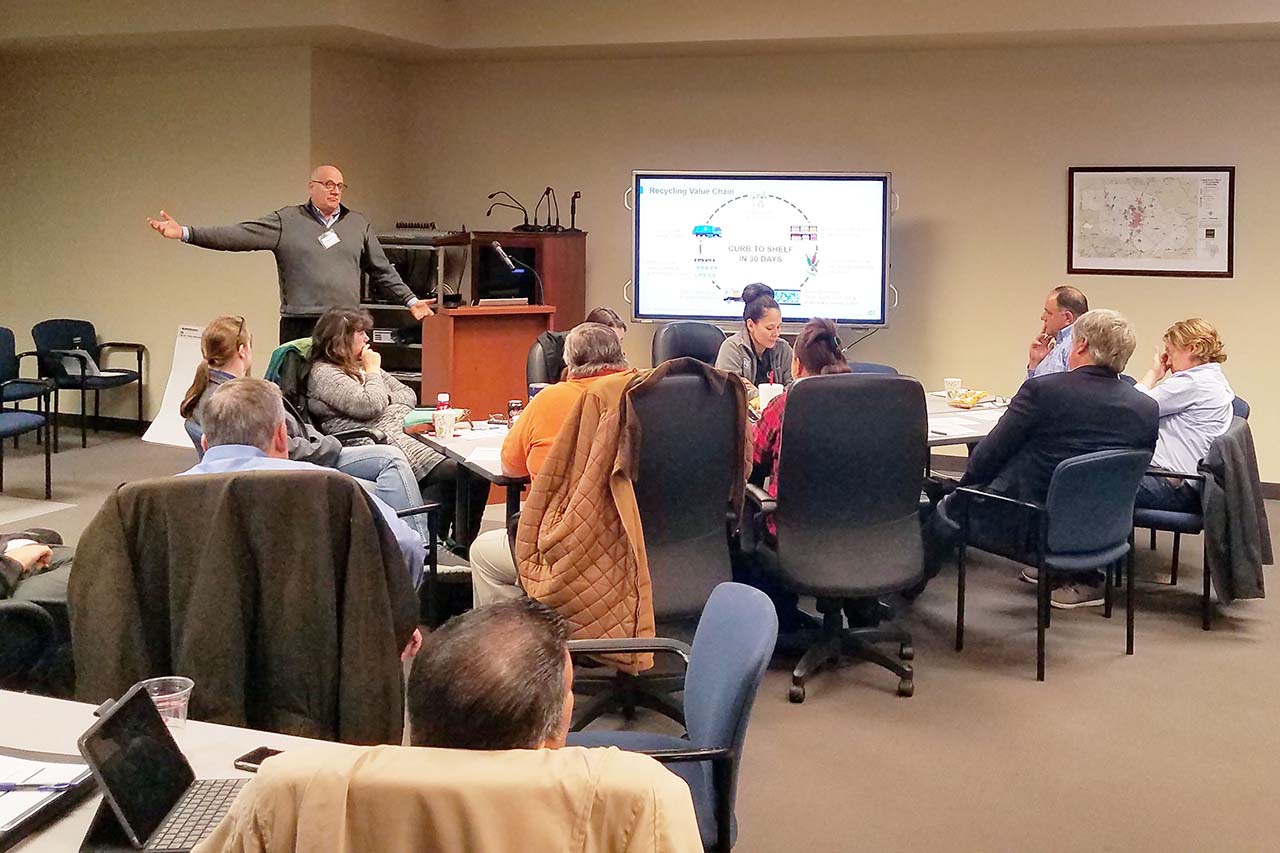
O-I Vice President of Global Sustainability Jim Nordmeyer welcomed a crowd of 50 participants to the Texas Glass Recycling Workshop.

O-I Vice President of Global Sustainability Jim Nordmeyer welcomed a crowd of 50 participants to the Texas Glass Recycling Workshop.
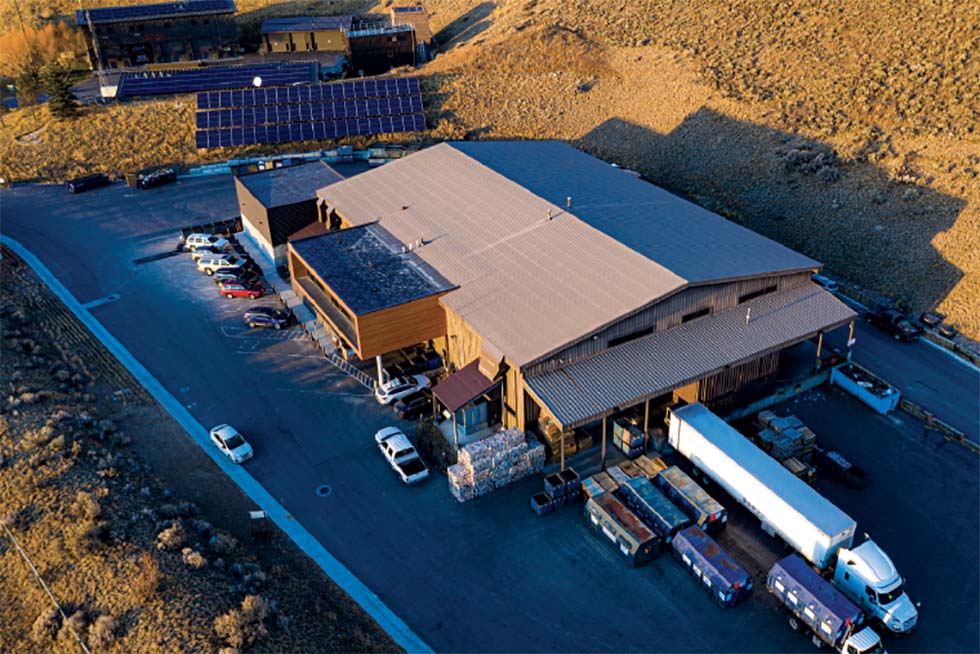
Teton County, Wyo. handles about 4,500 tons of recyclables per year. | Carson Meyer Photography
Each year, as many as 3 million visitors come through Teton County, Wyo., drawn in large part by the area’s scenic destinations. With so many out-of-towners coming through, local recycling coordinators have to stay on their toes when it comes to outreach and education.
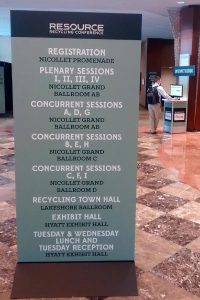 This year’s Resource Recycling Conference is providing much-needed insight on a range of critical recycling issues. And on the event’s first day, the National Recycling Coalition named its new executive director.
This year’s Resource Recycling Conference is providing much-needed insight on a range of critical recycling issues. And on the event’s first day, the National Recycling Coalition named its new executive director.
We’ve got a little over a week until the 2018 Resource Recycling Conference kicks off in St. Louis. To preview the event, we’re offering a series of profiles of different recycling stakeholders who will be offering expert perspective from the stage.
In the runup to the 2019 Resource Recycling Conference and Trade Show in New Orleans, we’re offering Q&As with a few of the industry leaders who will be taking the stage.
 The City of San Antonio began accepting plastic bags in curbside single-stream carts two years ago. In its first year, 550 tons were recovered through the program, but that number fell by more than two-thirds in the second year.
The City of San Antonio began accepting plastic bags in curbside single-stream carts two years ago. In its first year, 550 tons were recovered through the program, but that number fell by more than two-thirds in the second year.
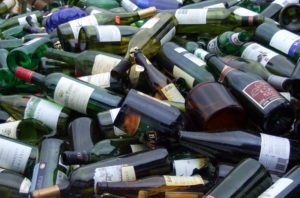 Not surprisingly, the great glass debate is continuing into 2017. Four municipalities from different corners of the country recently made moves or began discussions to try to recover glass in a more cost-effective manner.
Not surprisingly, the great glass debate is continuing into 2017. Four municipalities from different corners of the country recently made moves or began discussions to try to recover glass in a more cost-effective manner.
This story originally appeared in the March 2017 issue of Resource Recycling.
Subscribe today for access to all print content.
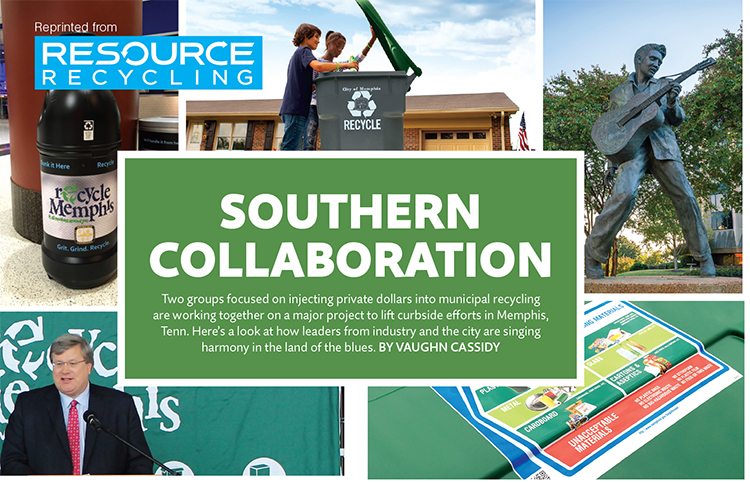
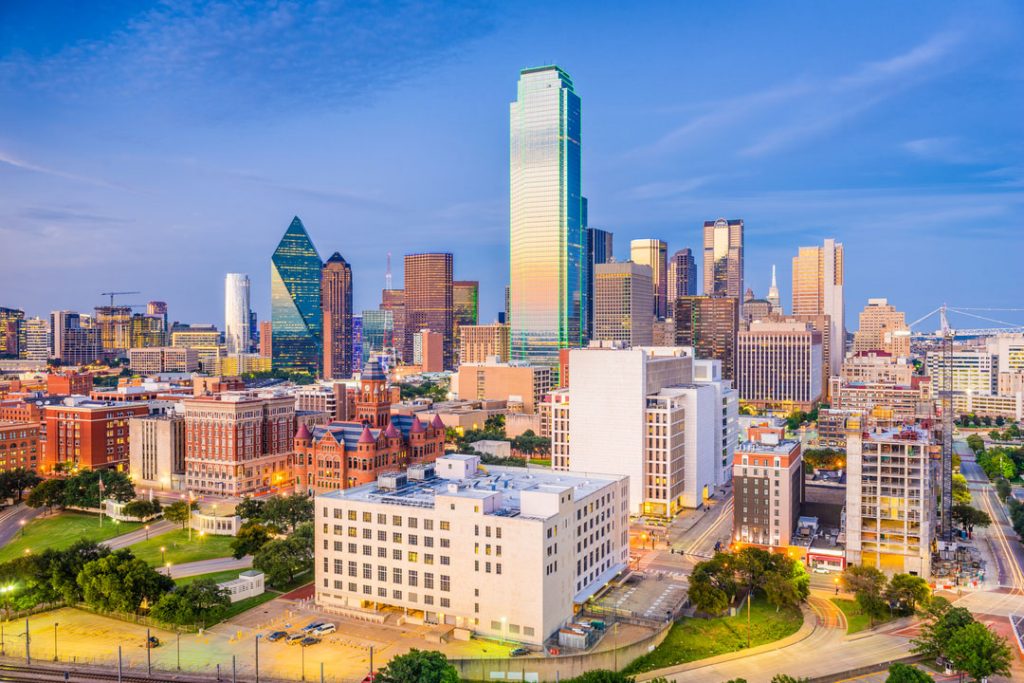
The grant funds come as Dallas this month rolled out a multi-family recycling ordinance. | Sean Pavone/Shutterstock
A coalition of industry stakeholders will put over $900,000 toward municipal program improvements in the Dallas-Fort Worth area and will invest $2 million in an area MRF.
 New York City businesses achieve a waste-reduction goal, and two popular beverage companies make changes to the materials they use for packaging.
New York City businesses achieve a waste-reduction goal, and two popular beverage companies make changes to the materials they use for packaging.

